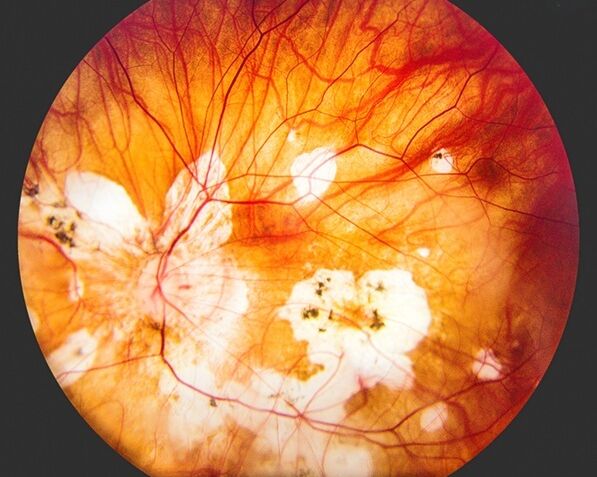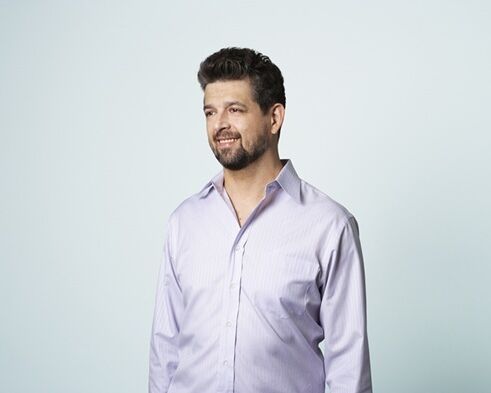Genomics England part of multi-million-pound UK-wide platform into cancer immunotherapy

Genomics England is part of a nationwide team of universities, hospitals and industry led by the Francis Crick Institute and The Royal Marsden NHS Foundation Trust, which has launched a new platform to understand immunotherapy response and side effects in cancer.
Funded by £9m from the Medical Research Council and the Office for Life Sciences, and £12.9m in matched funds from industry partners, this programme will involve thousands of patients treated with immunotherapy from across the UK.
Drugs that help the immune system fight cancer, collectively known as immunotherapy, are a frontline treatment for some types of cancer like melanoma. Long-term studies have shown that it can completely eradicate advanced disease for some patients.
But the majority of people with cancer do not benefit, with many relapsing or experiencing significant side effects. Even in melanoma, where immunotherapy is most successful, only 50% respond.
The new UK-wide programme, titled MANIFEST (Multiomic Analysis of Immunotherapy Features Evidencing Success and Toxicity), has been set up to evaluate the many barriers to the success of immunotherapy.
These include a lack of testable and usable biomarkers, signs that suggest to doctors whether someone will or will not benefit from a given drug. Identifying these biomarkers could help to select patients most likely to benefit, but also reveal avenues for new treatments, like vaccines and cell therapies.
MANIFEST will aim to validate which biomarkers are present in patients before they start immunotherapy, and to develop tests that can monitor them during treatment.
The initial testing will include 3,000 patients who have already completed their treatment and 3,000 who are starting treatment across the UK for breast, bladder, kidney and skin cancer, with plans to include additional cancer types as the programme expands.
Over four years, data will be collected from these patients, using procedures like blood tests, stool samples and tissue biopsies.
The team will analyse different aspects of cancerous tumours, including their genetic makeup, where they are in relation to immune cells, and what chemical signals they are producing. They will also generate a profile of immune cells in each patient’s bloodstream and analyse their gut microbiome.
“Genomics England is proud to be a part of this exciting consortium which aims to tackle a huge challenge in oncology and ultimately ensure patients with cancer receive the best possible care.
“Early identification of the patients who are most likely to benefit from immunotherapy supports a move towards more predictive, preventative healthcare and will help optimise the use of what can be an incredibly effective cancer treatment.”
Professor Matt Brown
Chief Scientific Officer at Genomics England
“In the last ten years, we have made huge progress in the treatment of cancer with immunotherapy, but we are still underserving many patients due to treatment failure and side effects. We have a unique opportunity in the UK, given the NHS, to address this challenge.
“We are hugely excited to work together with such a large group of clinicians, patients and our industry partners, each with unique experiences and expertise. Research on this scale can get us one step closer to better tests in the clinic, but also fuel more discoveries regarding cancer immunology and new therapies. Ultimately, we want to speed up the delivery of personalised medicine for a disease that affects huge numbers of people across the UK every year.”
Samra Turajlic
Project lead, Clinical Group Leader at the Francis Crick Institute, Consultant Medical Oncologist at The Royal Marsden NHS Foundation Trust, and Associate Honorary Faculty at The Institute of Cancer Research, London
“Cancer is a disease that has brought pain, misery and heartbreak to every family in the country, including my own. But through Government working in partnership with the NHS, researchers, and business, we can harness science and innovation to bring the detection and treatment of this horrendous disease firmly in to the 21st century, keeping more families together for longer.
“The UK’s scientists, researchers and captains of industry have brilliant ideas that aren’t just going to boost our health – they’ll boost our economy too, helping to build a virtuous circle for more investment in both health and research which will ultimately drive up living standards.”
Peter Kyle
Science and Technology Secretary


